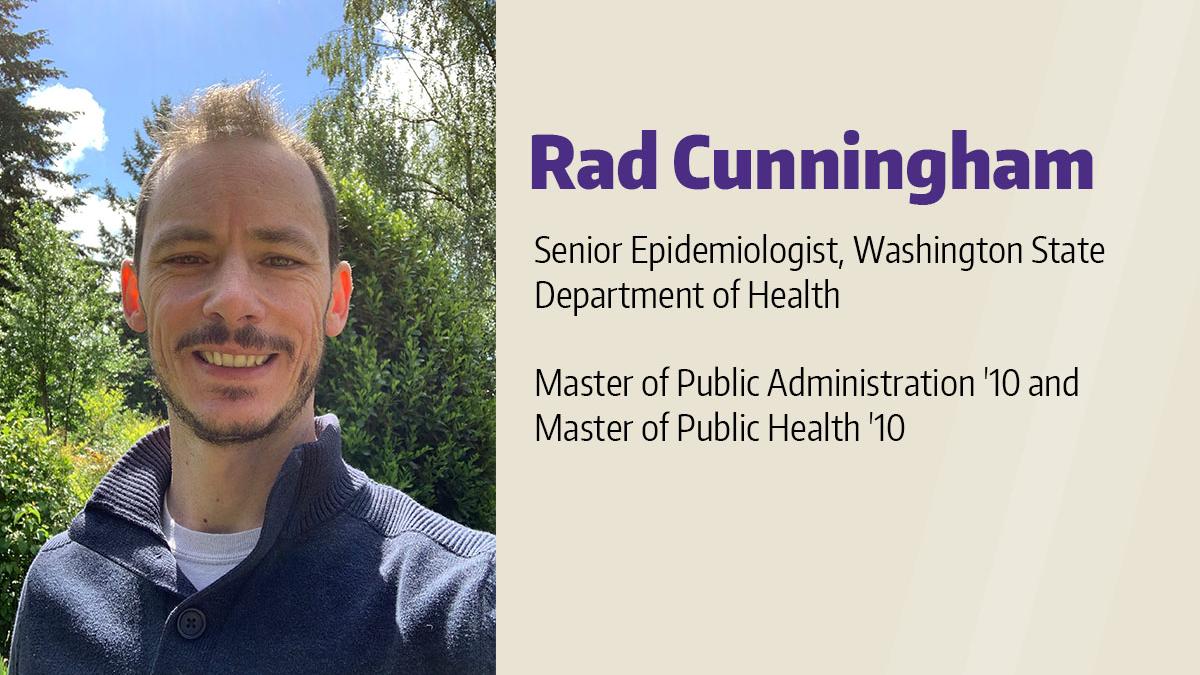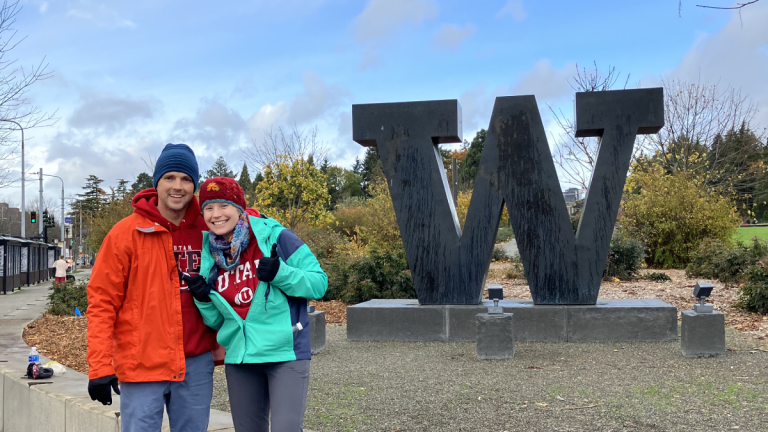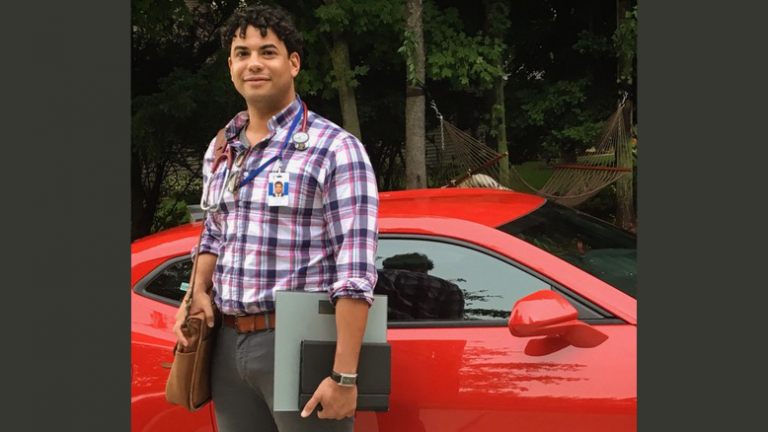Rad Cunningham
Rad Cunningham

MPH, Environmental and Occupational Health (EOH)
Rad Cunningham works as a Senior Epidemiologist at the Washington State Department of Health.
Please tell us about your career path so far, starting with your first job after graduation and leading to where you work now.
After graduating with my concurrent MPH, MPA I took a job as a Public Health Specialist with a for-profit development firm in Equatorial Guinea where I orchestrated a maternal and child health baseline health survey. When I learned that I would be having a child of my own my wife and I moved to Los Angeles where I worked as a Policy Analyst for a Non-Profit in South Los Angeles. All that sunshine had us longing for the security of a hot coffee under a blanket of rain and fog so we moved back to Washington where I took a job as an epidemiologist at the Washington State Department of Health. I was the lead epidemiologist, then maybe the first ever healthy community planning epidemiologist, and now I am a senior epidemiologist managing the newly minted built environment section where I am attempting to lead lead poisoning prevention, climate change, ambient air quality, and healthy community planning into a coherent built environment program.
As a senior epidemiologist with the Washington State Department of Health, how are you addressing the coronavirus pandemic?
As the manager of the new Climate Change and Health Section of the Washington State Department of Health, I support my staff in cycling on and off of our agency’s incident management team (IMT), by making sure they are able to maintain their core functions, like wildfire or legionella response. I am also a senior epidemiologist and when I am serving on the IMT, I am a data systems manager.
In response to the coronavirus pandemic, I am working on a team focused on tracing the viral outbreaks. Our main focus is scaling our ability to track the outbreak from just one case and a handful of tests, to creating a system that can handle 13,000 tests per day along with contact tracing. Using data driven tools including, R, SAS, and RedCap, my team and I are executing this this with humility, trust, and accountability in one another, as there is often less time for review.
What do you like best about your current position?
I think our built environment program is at the forefront of public health 3.0. We work at the intersection of science, policy, and health equity and the opportunities to improve public health through the built environment are massive.
How does holding duel degrees in both Public Health and Public Administration impact how you approach your work today?
I wrote a memo! At one point, we had to balance how we interpreted guidance from the Centers for Disease Control and Prevention (CDC), while managing conflict between the lab and epidemiologists and making sure our solutions worked with our lab and epidemiological data systems.
The issue was mundane and focused on answering, “what unique identifier should we use?” At the time, these ID’s were to function as a ticket to access very limited testing capacities and the epidemiologists needed tight control over who got an ID. Our solution had to work with lab systems, surveillance systems, and fit CDC guidelines. And, in case you have never worked with epidemiologists before, they have VERY strong opinions about the minutiae of data.
At the end of the day, the solution had to work, lab and epidemiology staff had to accept it, and it had to be acceptable by both local public health and the CDC. My MPH was why I was in the room, but my MPA gave me the tools to quickly solve the issue so we could move forward. Practicing writing memos in a low stress and supportive environment equipped me with the skillset I needed to organize the issue and get a clear decision from leadership in the short period of time available.
How did your degree prepare you for your career?
I went back to school looking for the 'hard' skills like data analysis, study design, and epidemiological methods. I think that these types of skills are the most difficult to develop while working. Although I have had to work at leadership, management, and communication during the course of my career my degree gave me the foundational public health skills necessary to create public health value.
What challenges have you faced in your work during this unprecedented time and how did you address them?
When we got the first positive coronavirus result from the Seattle Flu Study, I knew immediately we needed to be equipped to do contact tracing at scale and track this data in our surveillance system. Once we received a positive community result, I pulled my team together to build tools to track the data and scale it quickly. I couldn’t have been more thankful and in awe of the competence and dedication of my fellow epidemiologists.
Any advice for current students who are considering Environmental and Occupational Health Sciences?
A few things. One is that you can be a poor biostatistics student and still end up as the best statistician at your next job. Another is be careful what you get good at, because it's likely that thing is what you will be asked to do. Finally, for a lot of people passion is like a muscle that you build over time, not a gift you were born with, so go develop it!

